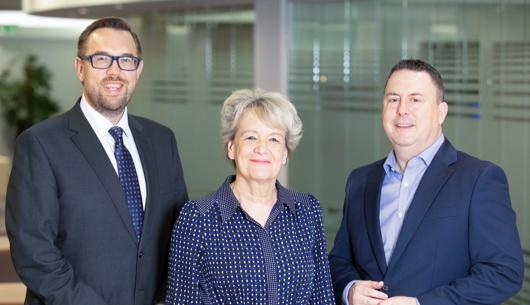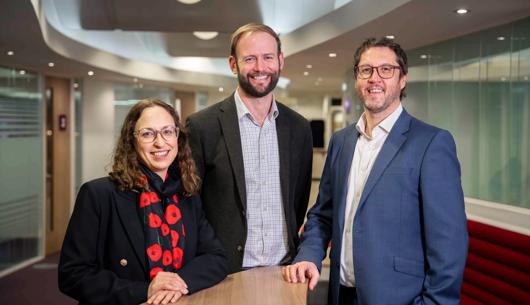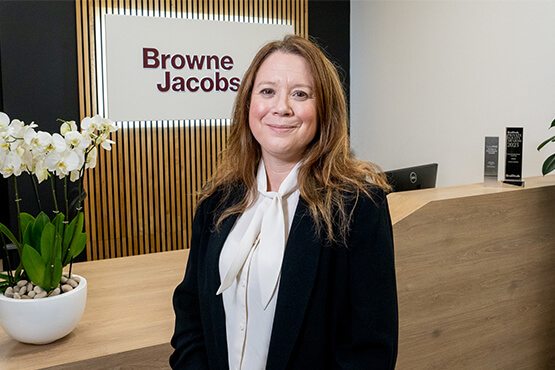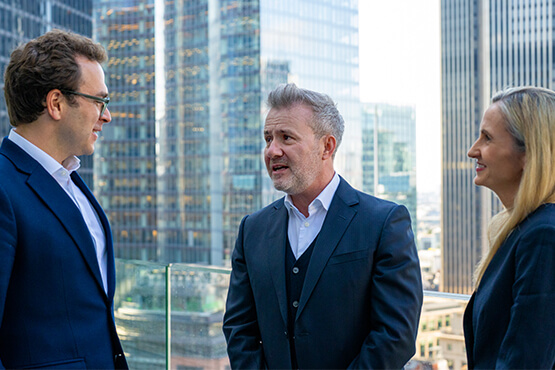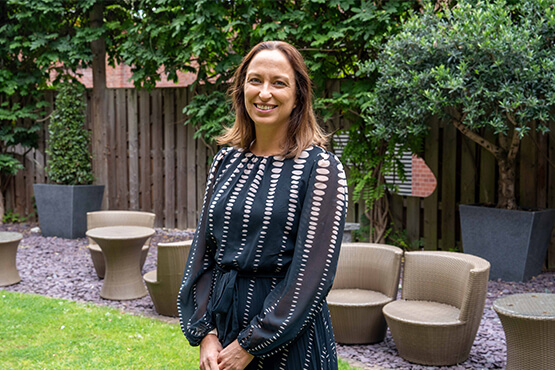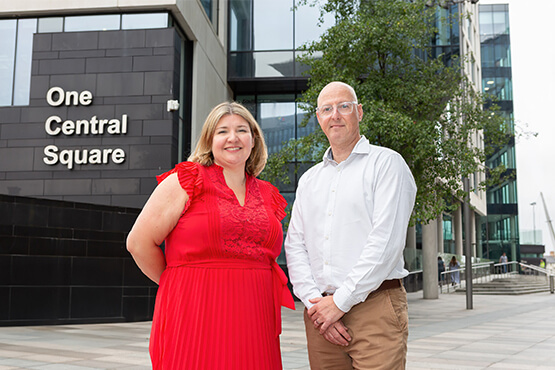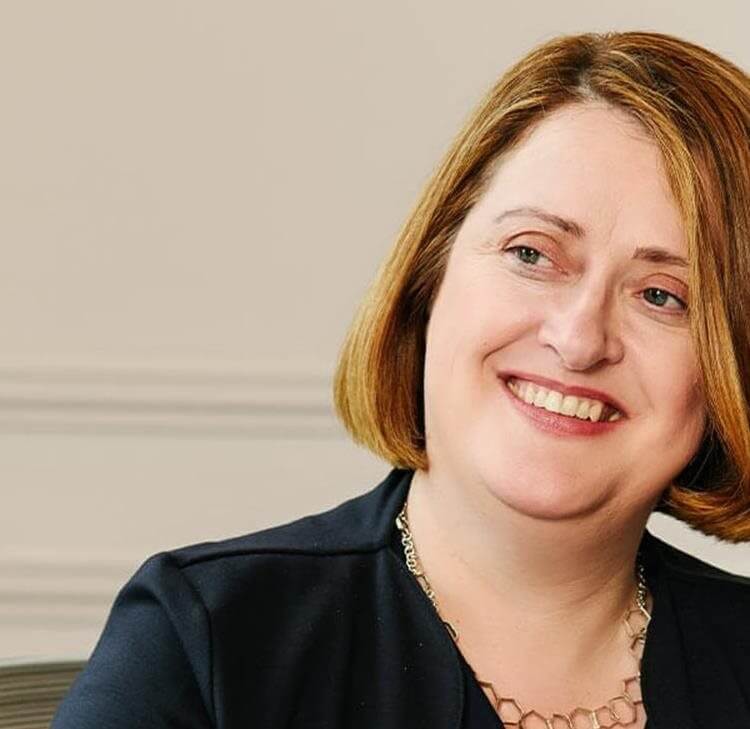The aviation industry faces a host of challenges beyond the immediate and longer-term impacts of the pandemic. They cover climate change and how through the jet zero strategy, the aviation industry can meet its commitment to achieving net zero by 2050.
As a response to these challenges, the UK’s aviation regulator The Civil Aviation Authority (CAA), is working with the Department for Transport. Together they’re creating a single, coordinated implementation masterplan for interdependent airspace change proposals. This will support the airspace modernisation strategy delivery.
“I’m three years qualified but already I’m getting work on ground-breaking projects like this one that will have a material positive impact on people's lives, the economy and the well-being of future generations.” Victoria Searle, Associate
That strategy will modernise the design, technology, and operations of UK airspace. The CAA called on Browne Jacobson to help realise its vision to ‘deliver quicker, quieter and cleaner journeys and more capacity for those who use or are affected by UK airspace’ by 2040.
Associate Victoria Searle is a specialist in environmental law. Having spent 10 years in the public sector, she joined Browne Jacobson to work on public sector projects of national importance like this one. “I’m three years qualified but already I’m getting work on ground-breaking projects that will have a material positive impact on people's lives, the economy and the well-being of future generations,” she commented.
Browne Jacobson has been appointed as the sole legal advisor to assist with the environmental assessment aspects of the master plan. The firm is also project managing a team of specialist external environmental consultants over a three-year project delivery period.
Victoria was given early responsibility for key aspects of the project. She also connected and guided the different stakeholders. “A big draw for me is that our firm and our team actively encourage more junior fee earners to take early responsibility for leading on projects like this one, overseen by a lead partner, and for collaborating with other key stakeholders externally and within other teams at Browne Jacobson, to find the best solutions,” says Victoria.
On this project, this includes working closely with Chartered Planner Ben Hunt. Ben is responsible for overseeing a lot of the strategic environmental assessment work. “Working with internal and external consultants means our advice is so much more pragmatic because we’re drawing on real-world experience of putting things into practice,” says Victoria. “This means that we can give our clients solutions to problems, rather than abstract advice on legal principles. Having a range of voices at the table means we can find a way forward for our client, which is so important on this project because it’s so complex."
Given the size and strategic importance of this project, Victoria and Ben are also supported by one of Browne Jacobson’s dedicated legal project managers, Paul McCannah, who forms part of the core service delivery team and is responsible for delivering the operational aspects of the project. Paul is responsible for project managing the Browne Jacobson team and the specialist environmental consultants in collaboration with the CAA, DfT and their wider stakeholders.
Environmental impact assessments are an emerging area of the law. The horizon scanning and risk screening that Victoria and her colleagues are doing is vital to the CAA creating a long-term plan to future-proof the sector. This experience also crosses into other sectors and the wider work Browne Jacobson does for corporate clients.
“Until quite recently, our environmental offering worked mainly with public authorities, but now our real estate clients and large corporate clients are asking us about the environment and what they can do to become better corporate citizens, based on our experience and the work we do on sustainability and in the public sector,” says Victoria.
Victoria sees this bridging of public and private sector work as the key to what makes Browne Jacobson stand out in the marketplace for legal services. “Our public sector clients benefit from our commercial expertise and our corporate clients benefit from the relationships we have with public authorities and the regulatory work we do. Our ability to bring the public and private sectors together, particularly where there are joint initiatives or shared challenges, is where I think Browne Jacobson is unique as a firm and where we are at our best.”
Working with the CAA is a long-term project as environmental challenges evolve, and we help them create a plan fit for the future. The goal is to reach acceptance of the master plan in 2024-25. For Victoria, the experience reinforces how important it is to work within a culture, and on the kinds of projects, that resonate with her values. “One of the best things for me about working at Browne Jacobson and with our public sector clients is when you can see your values reflected in the work you do. Future generations and the environment will benefit from our work with the CAA on this project and knowing this gives me a huge sense of purpose in coming to work every day”, she concludes.






